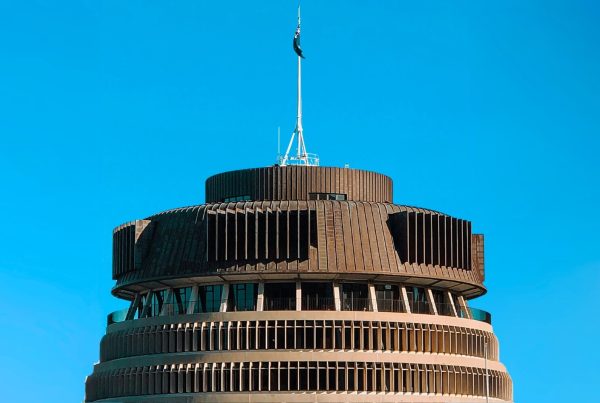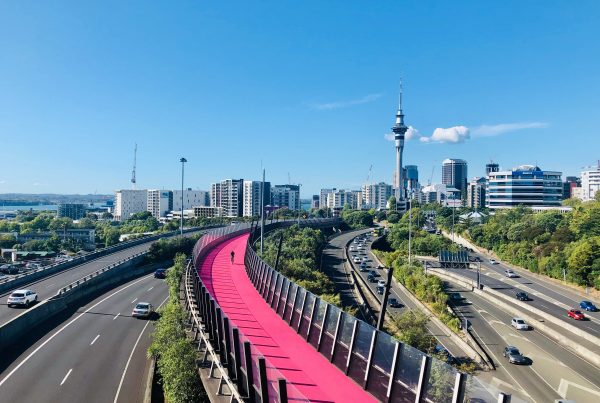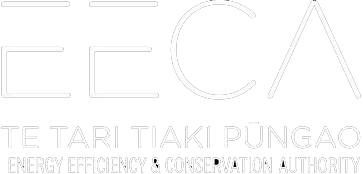E-bikes have the potential to revolutionise urban travel, but more needs to be done to support their uptake, not-for-profit group Drive Electric says.
Drive Electric’s e-bike expert James Munro says sales of e-bikes are taking off around the country, with possibly 20,000 being purchased by consumers this year alone.
“E-bikes are opening up cycling to a whole bunch of people who otherwise wouldn’t be cycling.”
However, more urban infrastructure is needed to help New Zealand take full advantage of this global trend, he says.
“Councils are moving in the right direction, but it would be fantastic, particularly in Auckland, to see more being done, faster. This would help reduce the critical levels of congestion, reduce pollution and improve productivity and quality of urban life.
“For example, Napier has done a fantastic job with design and layout of their existing streets and public spaces to accommodate a wonderful network of urban cycleways.”
Munro, who is a director of electrify.nz, one of NZ’s leading importer/distributors of e-bikes, and helped transition Mercury’s vehicle fleet to EVs in a former role, says New Zealand can look to Europe for infrastructure inspiration.
“Countries like New Zealand, Australia, the USA and UK fell in love with the car, while the likes of Germany and the Netherlands kept on expanding urban cycling infrastructure.”
Munro says it is positive that NZTA is considering changes to current regulation and giving thought to a speed limit on e-bike motor output.
“The rational answer is very simple here – regulate on speed, not on power output of the motor which is a far more technical and difficult area to police and also irrelevant if a speed limit on output is in place.”
He suggests taking the best from international standards to produce a contemporary standard for New Zealand.
“A speed limit on output of 32km/h, like California, for standard e-bikes and a separate speed-bike category of up to 45km/h for road-only riding, like Switzerland and Germany, would make a lot of sense. The speed-bike category overseas also requires a higher standard for helmet and lights.
“You don’t want to over-complicate it, or it will just confuse people and be impossible to police,” he says.
Munro is also calling for product standards to be introduced into the industry, so people have all the information at hand and confidence when buying e- bikes.
“A simple filter that could be applied would require all importers to produce independent test reports to show their product meets a required standard before it is allowed into the country.
“It’s the same as we have for other imported goods, with bio-security standards, food safety standards and standards for passenger car safety. There is an existing European standard for e-bikes, covering all aspects of the construction and electrical systems that could be adapted with ease for New Zealand use.”
“Like any early-stage market, there is unfortunately a lot of low quality product being marketed to unsuspecting consumers with misleading claims. The lack of standards at point of import just makes this easier.”
For more information contact: James Munro – 021 644 405 or james@electrify.nz
Editor’s notes: Drive Electric is a not-for-profit group that includes many electricity and transport industry leaders on its board. It has several functions, including undertaking research about issues affecting electric vehicles, lobbying the government to continue setting ambitious targets for electric vehicle uptake and helping educate the public and companies about the benefits of EVs.




